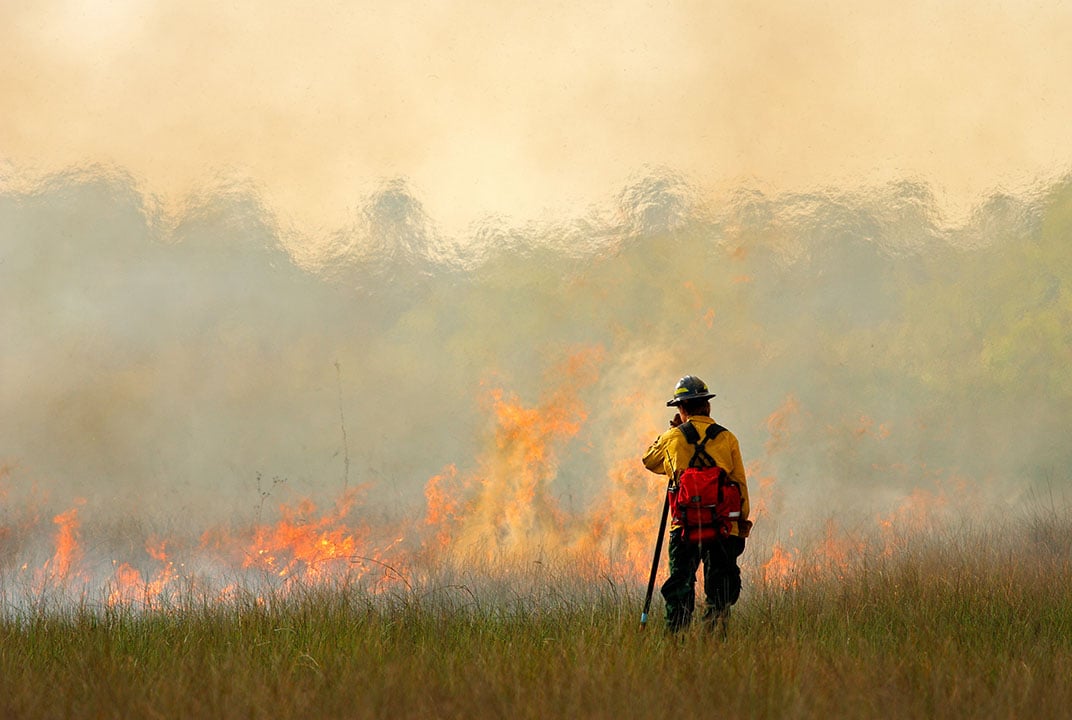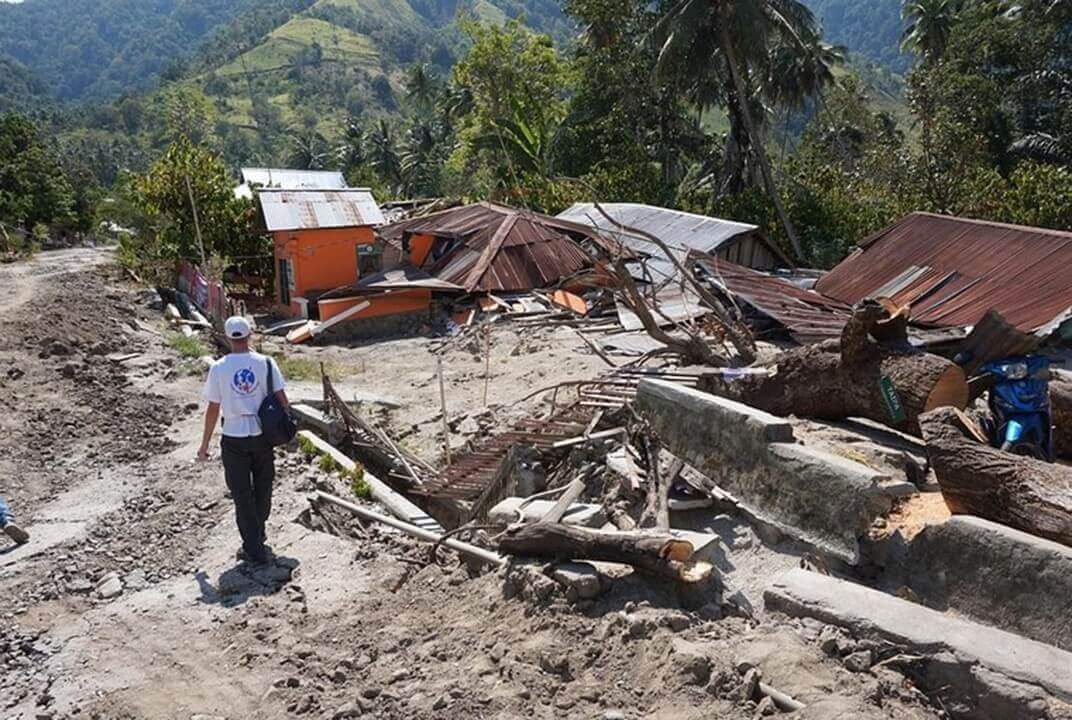Insight | Chocolate? Balloon? Satellite communications?
Chocolate? Balloon? Satellite communications?
Enterprise
Inmarsat Enterprise Director of Sales Engineering, Del Ashley explains why it is important to him to give something back and see Inmarsat equipment making a real difference.
My first sight of the Nepalese village of Lapubesi is something I will never forget. It is only accessible by foot, a few hours’ trek from where the road ends. The track is carved out from the steep valley walls with a treacherous drop to the river below and shared with countless mule trains. As you round the final corner the steep valley opens out to the west onto rows of terraced fields used for farming.
The people of the village were extremely friendly and welcoming and the children all asked for the same things in this order: Chocolate? Balloon? Biro? The one thing I will take away is the gratitude these people show for the help and support they’ve received from the global aid community, but also their own motivation to get things done and prepared for our next visit.
Team Rubicon partnership
I was in Nepal as a volunteer, or ‘greyshirt’, with Team Rubicon UK, a charity which unites the skills and experience of military veterans with emergency response teams and longer term disaster relief projects. Because of Inmarsat’s partnership with the charity, I had another purpose – as a satellite solutions engineer getting them set up with the IsatPhone 2 satellite phones and IsatHub smart device connectivity terminals we have provided. It was the perfect opportunity to showcase our capabilities with the people who will be using our services in one of the most challenging environments for connectivity; more so since the devastating earthquake of 2015. Many villages across the most affected regions saw the majority of buildings levelled to the ground and remain in that state.
In 2016 Team Rubicon UK started a project in Lapubesi to rebuild the school, including a bunkhouse for the children to stay in during the week. Although the majority of the work has been done and the school is in use, they are still short on doors and windows and, other than a single solar panel, the school – the whole village, in fact – is without electrical power. So the next part of the operation is to recommission the micro hydro-electrical power station which powered the whole of the village and was wiped out during the earthquake. This needs to be done in a number of stages and relies wholly on the removal of a huge boulder which broke away from the mountain above and blocked the path of the water source to the hydro station. Since the start of the project last year a huge amount of work had been done by the local villages in readiness for Team Rubicon UK’s return.
To be able to get on with the job, connectivity is essential. As well as the ability to access information and send back reports and photos, we give the charity’s operations headquarters in Wiltshire a situational awareness capability. Team members carry satellite phones with GPS tracking so their exact position can be transmitted at set intervals, giving them greater flexibility to work without the need to update their whereabouts. We can also track team movement by vehicles and create geo fences to send an alert when they leave their safe base camp area and when they return. In time we will also be able to track individuals through a LoRaWAN solution covering many square kilometres from a single BGAN terminal and base station.
Nepal is just one of many projects Team Rubicon UK is involved in. They are always looking for volunteers for anything from feeding stations for the homeless in the UK, service projects in local communities, reconnaissance trips, long term deliberate operations supporting sustainable development, and hasty deployments to disaster areas. Not everyone is a medic or an engineer – if you’re happy to pick up a broom, a shovel or a mop; to cut up fallen trees, lift stones and rocks; to unload trucks of aid, you can bring something special to the party.
Supporting former service personnel
As well as helping communities worldwide, the charity also exists to support former servicemen and women – providing them with a renewed sense of purpose when they rejoin civilian life. I am a proud veteran of 16 years as a Royal Marines Commando and spent the majority of those years on active service. Leaving the Marines when I did was the right time for me, and I’ve enjoyed building my second career and getting to where I am now.
I’m also very appreciative of the opportunities the Marines afforded me and feel privileged in the life I have today with a beautiful, supportive wife and two gorgeous, happy children. Having the ability to dip out of my normal life to help people less fortunate is a way of giving something back – and the best part about it is that I get to do it using the tools that Inmarsat provides and see the effect they have first-hand at the sharp end.
About the author
Del Ashley heads the global sales engineering department for Inmarsat Enterprise. Originally from an electronics background, he has spent his adult life in telecommunications and worked in disciplines from HF radio to cellular, but his passion lies with expeditionary communications: providing connectivity and solutions in some of the planet’s harshest environments, and has been a trusting user of Inmarsat’s products since 1997.


